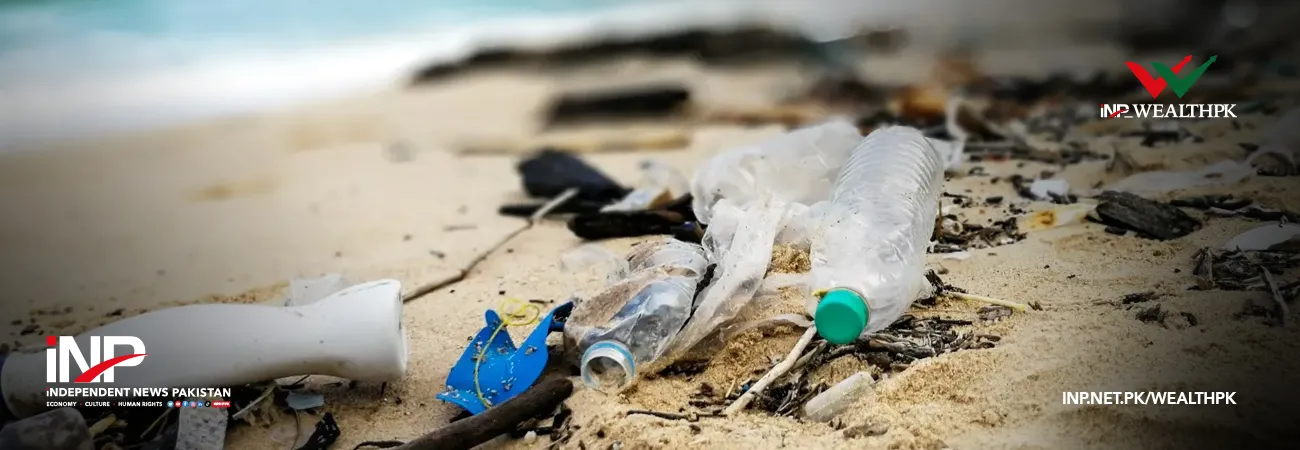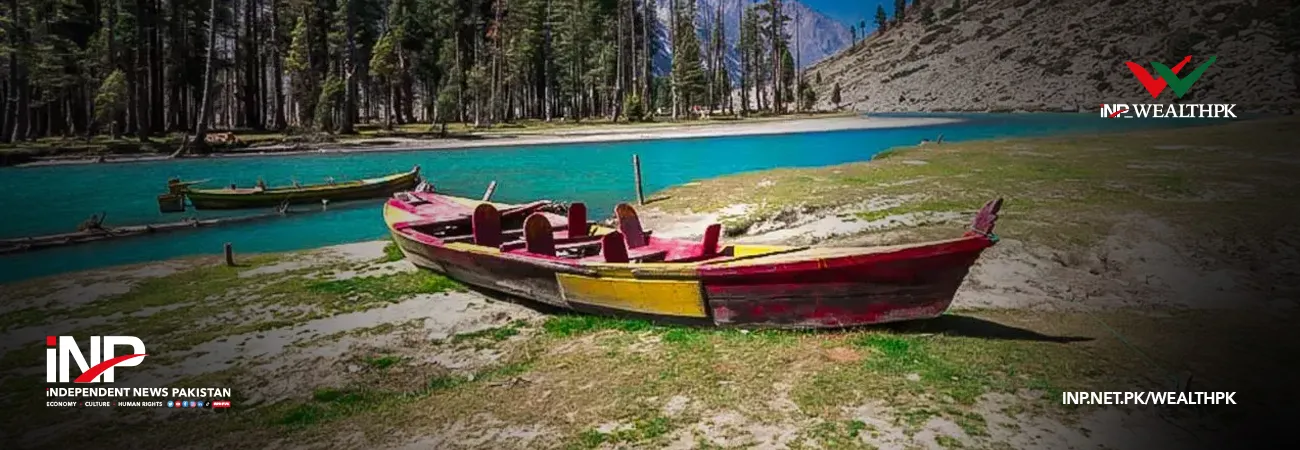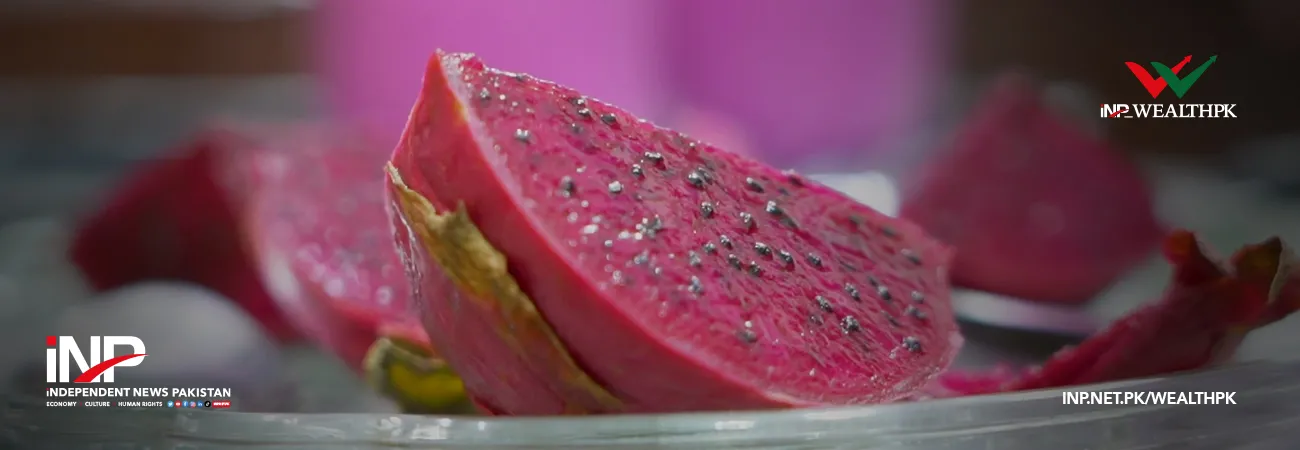INP-WealthPk
Faiza Tehseen
Innovative business models in the sharing economy can play a vital role in promoting sustainability and inclusivity in Pakistan’s tourism sector, said Aftab ur Rehman Rana, Managing Director of the Pakistan Tourism Development Corporation (PTDC), in an exclusive conversation with WealthPK.

“Increasing digital connectivity and evolving consumer preferences are reshaping the way people experience travel in Pakistan. The sharing economy embodies an economic model where individuals share assets and services, either directly or indirectly. This concept has disrupted traditional tourism models. Online services, especially those related to transport systems, not only benefit local communities but also provide travelers with cost-effective and authentic experiences,” he said.
Rana noted that platforms connecting tourists with local guides, car-sharing services, homestays, and healthcare are playing a crucial role in job creation and community development. A key advantage of the sharing economy in Pakistan is its ability to promote inclusivity, economic empowerment, and the integration of marginalized communities.
“Traditionally, tourism revenue was concentrated in established hotel chains and tour operators. However, digital platforms are now enabling entrepreneurs, women, and rural households to participate in the tourism sector by offering guided experiences, local cuisine, and hospitality services.”
By reducing environmental impact, the sharing economy is contributing to sustainable tourism. Instead of constructing new facilities, the use of existing infrastructure—such as homes, rides, food, and other services—minimizes waste and conserves resources within the tourism sector.
He said, “Eco-tourism initiatives supported by sharing economy models are gaining traction. Locally-led camping sites, adventure tourism, and cultural exchange activities encourage low-impact travel. Digital platforms promote responsible tourism by providing sustainability metrics and transparent service systems.”
Despite its potential and advantages, Pakistan’s tourism sector faces several challenges within the sharing economy, including security concerns, inadequate infrastructure, a lack of legally supported tourism policies, taxation issues, tourist protection, and connectivity barriers. To enhance accessibility and public participation in the tourism sector, investment in digital infrastructure, training programs, and hospitality initiatives—including workshops—is essential.
With the right policies and collaborative efforts, Pakistan has immense potential to emerge as a leading tourism destination driven by technology, community engagement, and sustainability. Adopting sharing economy models is crucial for strengthening the tourism sector, added Rana.
Discussing the role of sharing economy business models in fostering inclusive and sustainable tourism, Deputy Director of the Tourism Department of Baltistan, Rahat Karim Baig, said, “Tourism experiences based on these models are directly or indirectly strengthening communities and individuals connected to the tourism sector.”
He noted that homestay services in Gilgit-Baltistan and other remote tourist destinations have empowered locals by allowing them to earn directly from tourists. Ride-sharing services in these areas not only create employment opportunities for drivers but also improve connectivity in remote regions.
He said, “Globally, sharing economy business models have proven successful. It is essential to develop Pakistan’s tourism sector along similar lines to attract both local and foreign investment, increase tourist footfall, and enhance facilities.” He also emphasized the need for government-driven innovation in sharing economy models to achieve more positive outcomes.
Credit: INP-WealthPk













